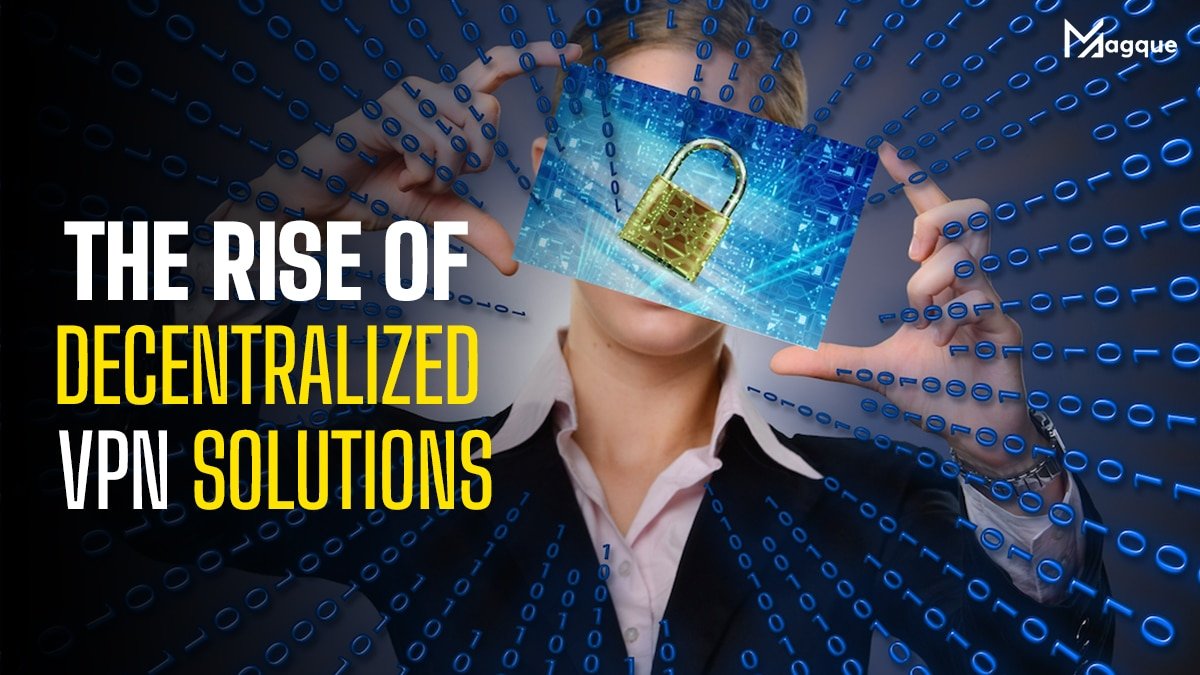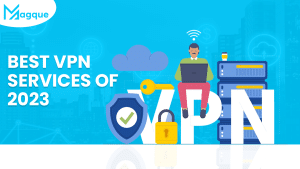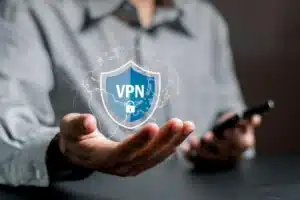Hey there, tech-savvy netizen! Ever feel like your online privacy is slipping through your fingers? You’re not alone. With cyber threats lurking around every digital corner, safeguarding your online activity has become more crucial. But fear not—there’s a new sheriff in town: decentralized VPN solutions.
Understanding the Decentralized VPN Revolution
So, what’s all the buzz about? Traditional VPNs are like armored trucks transporting your data from point A to point B. But here’s the catch: those trucks have a central hub, making them vulnerable to cyber-attacks and data breaches. Decentralized VPNs, on the other hand, operate more like a swarm of bees with no single point of failure. Each node in the network acts as both a sender and a receiver, creating a web of virtually impenetrable protection.
Breaking Down the Benefits
Now, let’s talk perks. Decentralized VPN solutions offer a buffet of benefits for the savvy internet user. First up: enhanced privacy. By spreading your data across multiple nodes, these VPNs make it nearly impossible for prying eyes to track your online activity. Plus, since there’s no central server to log your data, you can kiss goodbye to those pesky data retention policies.
But wait, there’s more! Decentralization also means unrestricted access. Say goodbye to geo-blocking and censorship—with a decentralized VPN, the World Wide Web is truly at your fingertips. Whether you’re streaming your favorite show from halfway across the globe or accessing restricted content in your backyard, the choice is yours.
Navigating the Risks
Of course, no technology is without its pitfalls. While decentralized VPNs offer unparalleled security, they’re not immune to vulnerabilities. Since each node in the network is run by a volunteer, there’s always the risk of encountering a bad apple. From sluggish connections to potential data leaks, weighing the risks against the rewards is essential.
The Future of Online Security
So, what does the future hold for decentralized VPN solutions? In a word: promise. As technology continues to evolve, so will the tools we use to protect ourselves online. With advancements in blockchain and peer-to-peer networking, the possibilities are endless. Whether you’re a privacy advocate or just someone who wants to browse the web without leaving a digital footprint, decentralized VPNs offer a glimpse into a safer, more secure future.
In conclusion, the rise of decentralized VPN solutions marks a pivotal moment in the fight for online privacy. With benefits ranging from enhanced security to unrestricted access, these innovative tools are changing the game for internet users worldwide. So, why wait? Take control of your online privacy today and join the decentralized revolution!
Magque is your go-to source for all things tech, providing expert insights and analysis on the latest trends in cybersecurity, blockchain, and beyond. Stay ahead of the curve with Magque – where innovation meets information.
FAQs
Q1. What exactly is a decentralized VPN?
A decentralized VPN, or DVPN, is a virtual private network that operates on a peer-to-peer network instead of relying on a central server. This decentralized approach distributes the network’s workload across multiple nodes, enhancing security and privacy.
Q2. How does a decentralized VPN differ from a traditional VPN?
Unlike traditional VPNs, which rely on centralized servers to route and encrypt data, decentralized VPNs distribute these tasks among a network of nodes. This decentralization reduces the risk of data breaches and censorship while offering greater privacy and accessibility.
Q3. What are the benefits of using a decentralized VPN?
Decentralized VPN solutions offer several benefits, including enhanced privacy, unrestricted access to online content, and protection against censorship and surveillance. Additionally, decentralized VPNs are more resilient to cyber-attacks because there’s no single point of failure.
Q4. Are there any drawbacks to using a decentralized VPN?
While decentralized VPNs offer significant advantages, they have their drawbacks. One potential downside is the reliance on volunteer-run nodes, resulting in slower connection speeds and less reliable service. Additionally, users may encounter compatibility issues with specific devices and applications.
Q5. How can I get started with a decentralized VPN?
Getting started with a decentralized VPN is relatively straightforward. Many DVPN providers offer user-friendly applications that make connecting to the network and configuring your settings easy. Download the application, create an account, and follow the prompts to enjoy enhanced privacy and security online.
Read Also This:- The Future of VPN Technology













